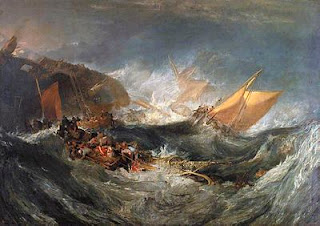
“Whatever anyone does or says, I must be good; just as if the emerald were always saying this: ‘Whatever anyone does or says, I must still be emerald, and keep my color.’” (Marcus Aurelius) The story is told of Abraham Lincoln asking the question, “If you were to count a dog’s tail as another leg, how many legs would a dog have?” The answer, of course, is “five.” However, Lincoln disagreed, pointing out that the dog only has four legs despite what one calls or counts the tail. There are two observances to be made of this. The first relates to duty. When God created all things, He declared all things to be good with one exception. It was not good that man should be alone, so He created a help-meet, woman, and gave her to the man. The first man and woman had one duty: to do good by filling the earth and subduing it as God’s vice-regent. The first man and first woman disobeyed God and all mankind in kind has fallen after them, yet duty remains the same. The edict has never changed. Man’s...






